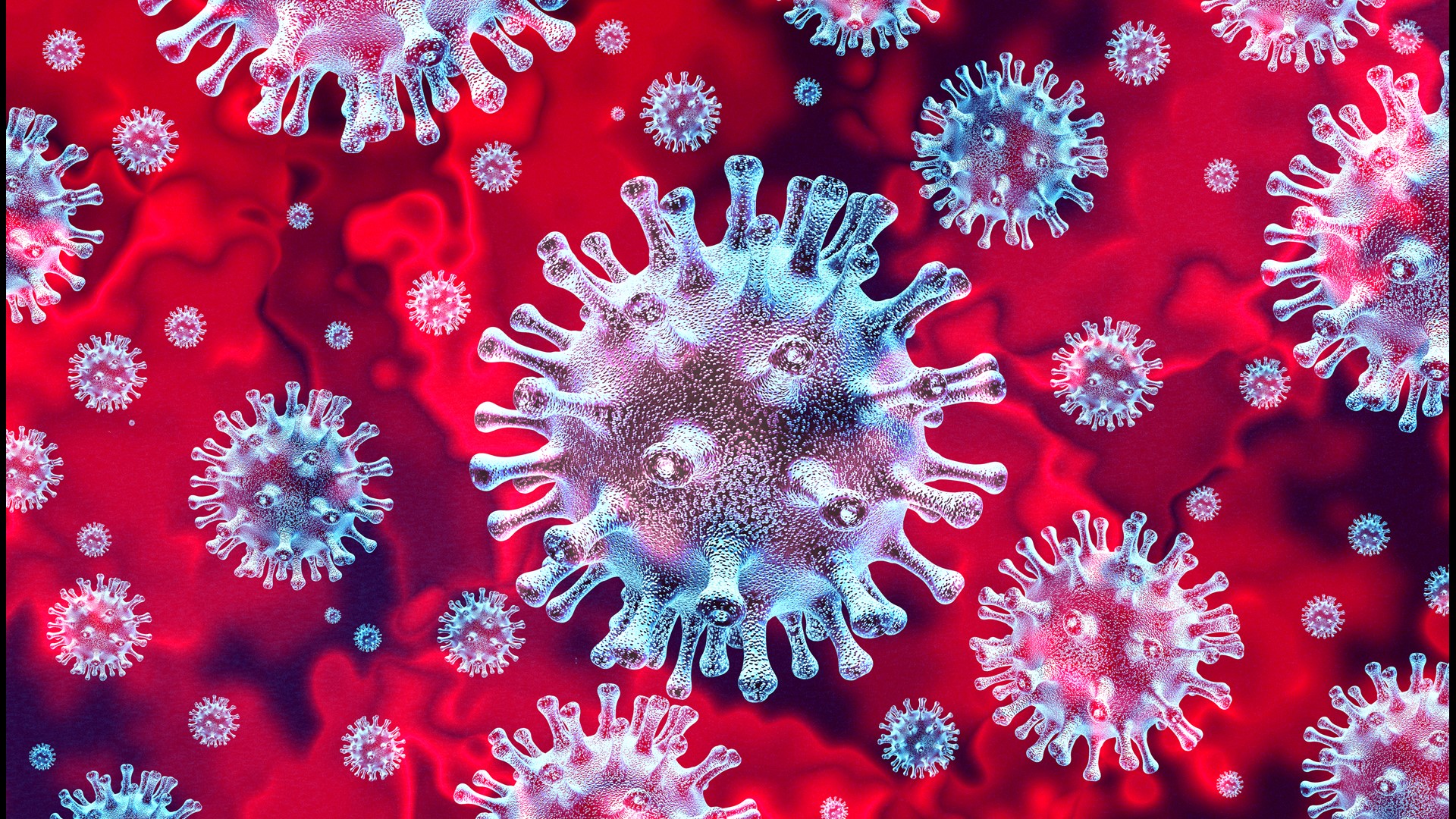ATLANTA — Variants of the coronavirus are more contagious and could potentially lead to more severe illnesses, but why?
It is not unusual for viruses to mutate. The main mission of any virus is to spread, and while mutations will often harm a virus, some changes will help a virus multiply.
Changes to the coronavirus have created variants that are swifter and more determined.
“It may make infection more efficient,” says Dr. Mark Tompkins of the University of Georgia’s Center for Vaccine and Immunology.
Like an athlete building the muscles that are needed for their particular sport, viruses work on the components they need to spread faster than other viruses. The variants of the coronavirus that most concern health care experts focus on the spike protein.
That’s what the virus uses to latch onto our cells.
“Some of the mutations appear to increase the ability of the virus to bind onto that receptor and improve the ability of the virus to infect,” says Dr. Tompkins.
Tompkins tells us it’s possible the new variants are more stable.
“It could stay in the air alive longer or on surfaces longer, providing more opportunities to infect other individuals,” says Tompkins.
So far, there’s no evidence that the variants are impervious to the vaccine. Still, a more contagious virus could mean more cases of severe illness.
“Statistically, more people are going to get sick and then there will be people that are sicker,” says Dr. Colleen Kraft of Emory’s School of Medicine.
As the virus mutates, scientists will stay busy following the changes.

